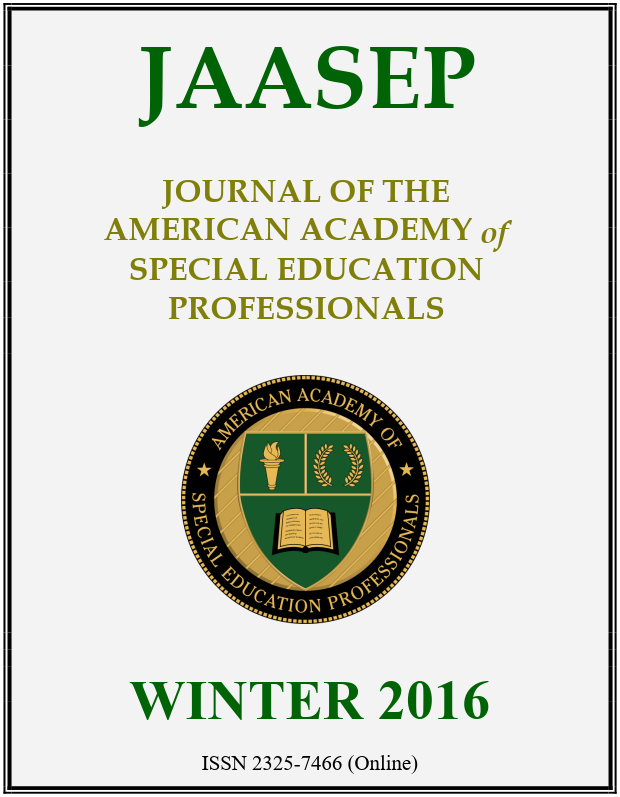Preventing and Responding to Student Escalation: Combining De-Escalation Strategies and Function-Based Support
Crone, D. & Horner, R. (2003). Building positive behavior support systems in schools: Functional behavioral assessment. New York: Guilford Press.
Dufresne, J. (2003). Communication is the key to crisis de-escalation. Law and Order Magazine.
Freeman, J. & Sugai, G. (2013). Recent changes in state policies and legislation regarding restraint or seclusion. Exceptional Children, 79, 427-438. DOI: https://doi.org/10.1177/001440291307900403
Gage, N., Lewis, T., & Stichter, J. (2012). Functional behavioral assessment-based interventions for students with or at risk for emotional and/ or behavioral disorders in school: A hierarchical linear modeling analysis. Behavioral Disorders, 37(2), 55-77. DOI: https://doi.org/10.1177/019874291203700201
LaFond, R. (2007). Reducing seclusion and restraint for improved patient and staff safety. Journal of Safe Management of Disruptive and Assaultive Behavior, 4(1), 8-12.
Lane, K., Oakes, W., & Cox, M. (2011). Functional assessment-based intervention: A university-district partnership to promote learning and success. Beyond Behavior, 20, 3-18.
Muscott, H.S. (1995) Techniques for avoiding counteraggressive responses when teaching youth with aggressive behaviors. Journal of Emotional and Behavioral Problems, 4(1), 41-44.
Picone, J. (2009). Tips for Crisis Prevention. Journal of Safe Management of Disruptive and Assaultive Behavior, 11, 11-14.
Simonsen, B., Fairbanks, S., Briesch, A., Myers, D., & Sugai, G. (2008). Evidence-based practices in classroom management: Considerations for research to practice. Education and Treatment of Children, 31, 351-380. DOI: https://doi.org/10.1353/etc.0.0007
Umbreit, J., Ferro, J., Liaupsin, C., & Lane, K. (2007). Functional behavioral assessment and function-based intervention: An effective practical approach. Upper Saddle River, NJ: Pearson.
Walker, H.M., Colvin, G., & Ramsey, E. (1995). Antisocial behavior in schools: Strategies and best practice. Pacific Grove, CA: Brooks/Cole.
West, S.C. (2009). Strategies for crisis interventions and prevention-revised as a current proposal in care and individuals with intellectual disabilities and challenging behaviors. International Journal of Special Education, 24, 1-7.
Wood, M.M., & Long, N.J. (1991). Life space intervention: Talking with youth in crisis. Austin, TX: Pro-Ed.
Downloads
Article Information
- Article Type Articles
- Submitted January 8, 2016
- Published February 15, 2016
- Issue Winter 2016
- Section Articles
